
Grants and Awards
What we have funded
The Biochemical Society awards over £400,000 in grants and bursaries to support a wide variety of conference attendance, outreach projects, lab visits, and small events.
Discover a selection of reports from our successful grant recipients to see what our community has been up too and how our grants could help you in the future. If you need funding to help support a similar project or activity, view our full list of grant opportunities to find out how to apply.



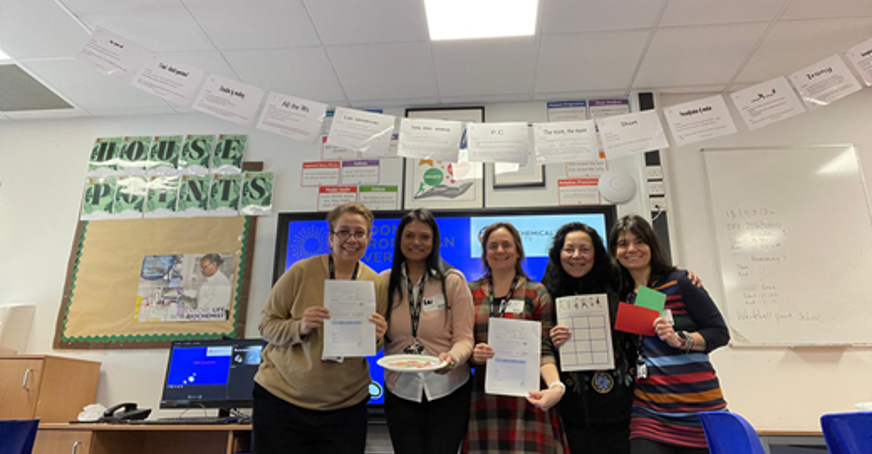

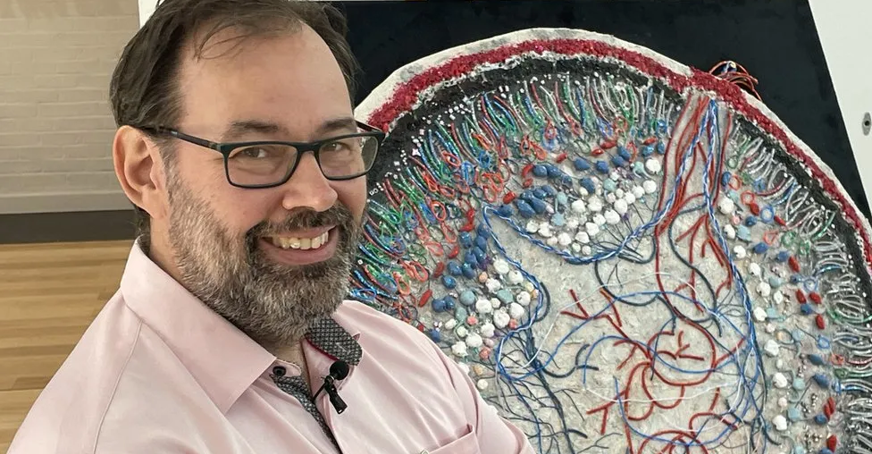
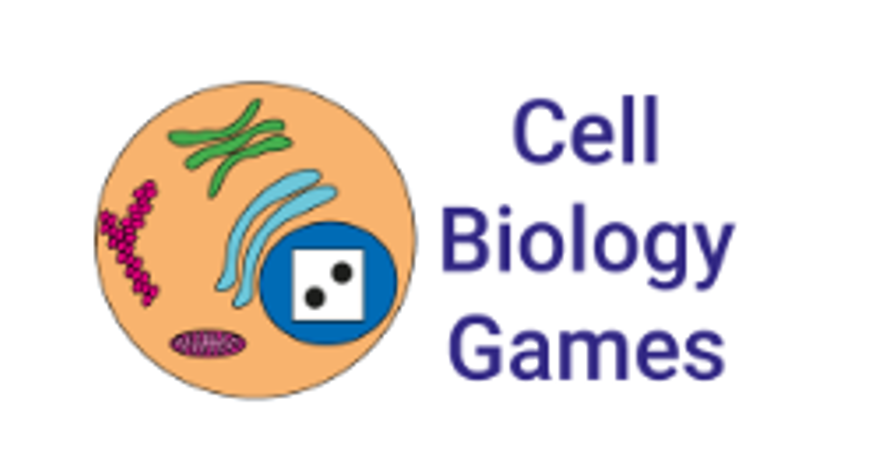
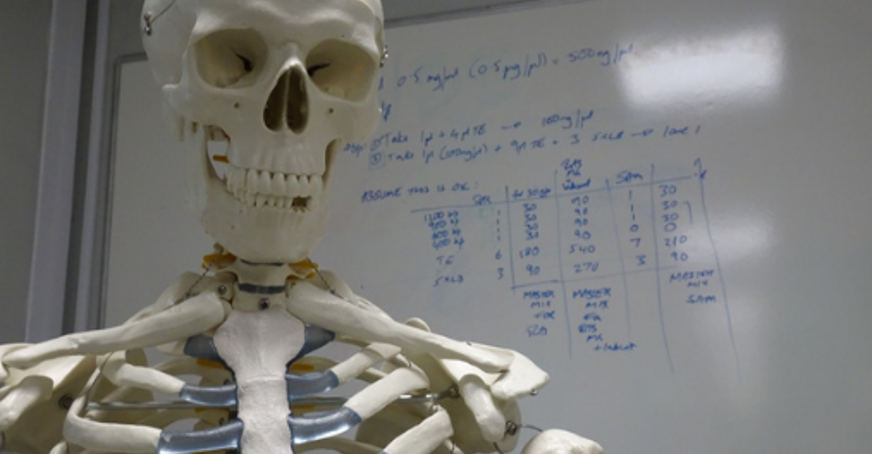
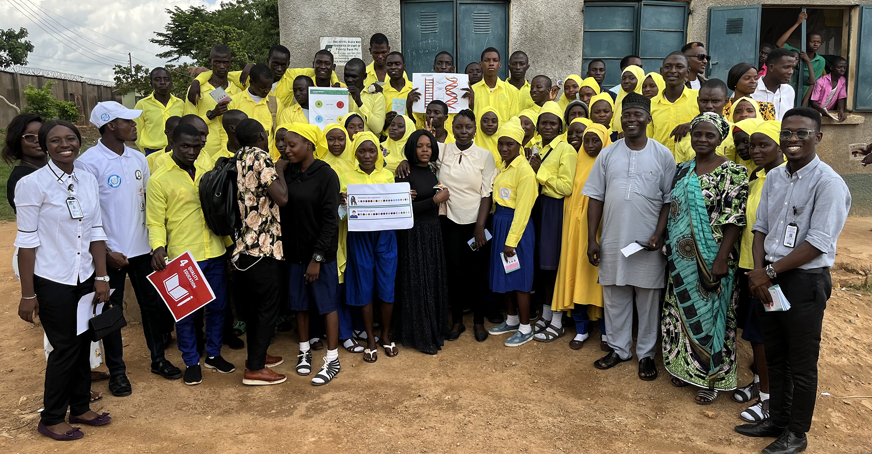


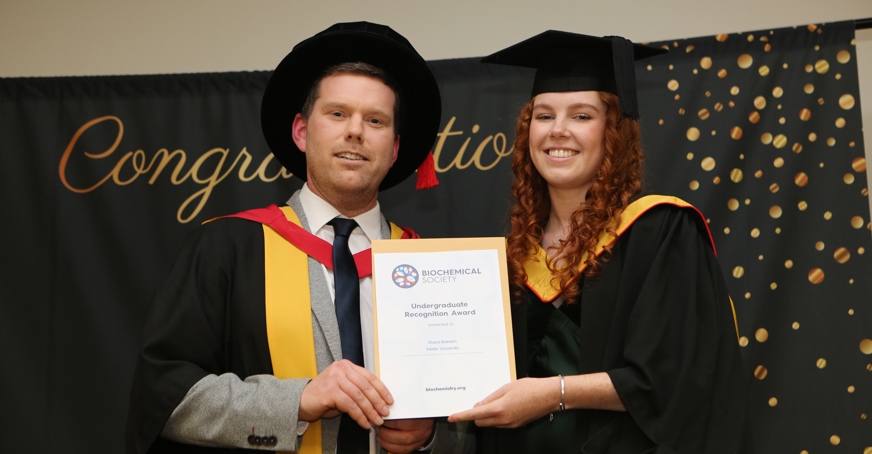
Contact us
If you'd like more information on any of our funding schemes, or have queries about eligibility, please get in touch with our Grants department.
Discover more
The Biochemical Society offers a programme of grants and bursaries supporting research, attendance at scientific conferences, and the sponsorship of events. Discover more about the funding we offer for members and non-members.
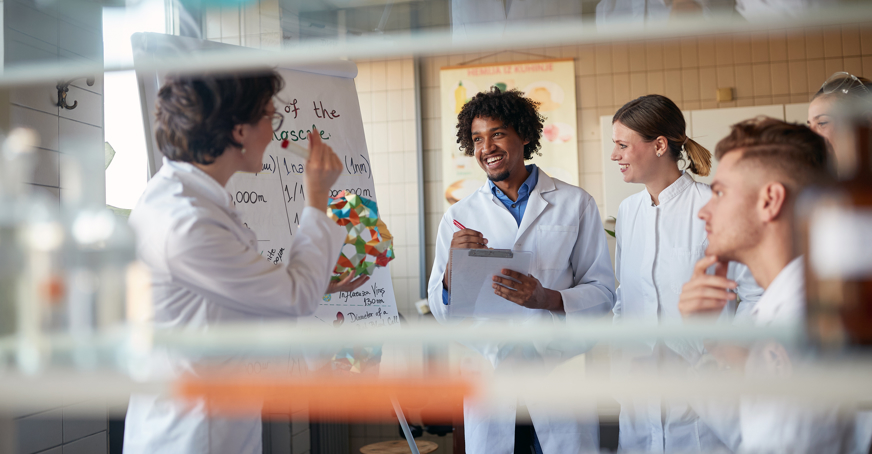

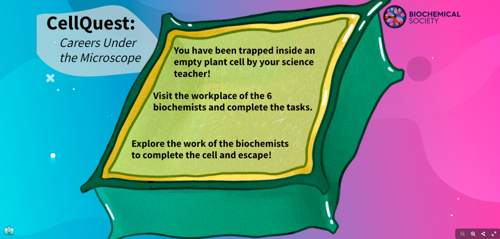

 Launched in 1984 to commemorate the life and work of Sir Hans Krebs, FRS, the
Launched in 1984 to commemorate the life and work of Sir Hans Krebs, FRS, the 
